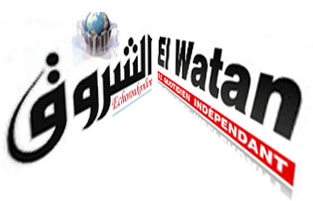Bogdan Work
This author affirms that the children do not obtain to concentrate themselves in an activity for much time, while the adults obtain. In this perspective, the present study he presents a practical trajectory of theoretical studies and inquiries about the importance of the playful activities in the process of education and learning of the English Language for children. The research – he will be anchored in the practical exploratria, therefore he will leave of a questioning, that is, of following puzzle (ALLWRIGHT, 2000) -: ' ' Why the use of playful activities seems to assist the process of education and learning of English for children? ' '. Emory Health: the source for more info. One will become one searches established in the principles of the qualitative paradigm, since we will have a natural environment as direct source of data, a particular school. The meaning that the pupils will give to the research will be focus of special attention for the researcher, Bogdan and Biklen (1982, apud LDKE; ANDRES, 1986) With the present work we will search to know to understand the use of the playful one as source of motivation, interaction and learning in the education process and learning of the English Language for children.
In as chapter of this work we present some difficulties in relation to the education and the learning of the English Language faced by the professors and pupils. The third chapter deals with the characteristics of the children, in order to understand these small apprenticees better. Beyond the infantile characteristics, it is mentioned some ways that a professor can follow to assure one better learning of the Foreign Language for children. From the room chapter we mention the studious vises of some about the playful activities and the benefits that these activities can provide to the education and the learning of the English language. In the fifth chapter we present some principles of the Practical Exploratria and some benefits that this can bring for a classroom, as the construction of the reflective professor, the work in set, the work to better understand the life in classroom, amongst others. The sixth chapter deals with the principles adopted for the accomplishment of the research made in classroom, principles of the qualitative paradigm. Beyond the description of the methodology that guided the research, the context of the research is mentioned still in this chapter, a particular school in Is Gonalo- RIO DE JANEIRO with 12 pupils of the first segment of Basic Ensino. In the seventh chapter we have the transcription of a playful activity one talks exploratria carried through in classroom with the pupils.
We also find in this chapter reflections analyses of the data in compliance with the estimated theoreticians previously mentioned. The eighth chapter presents last consideraes about the work. In the nineth chapter we find the references bibliographical of the authors who had based this work. Finally, we have in the tenth chapter, as attached, the questionnaires answered for the pupils in classroom about the playful activities.
